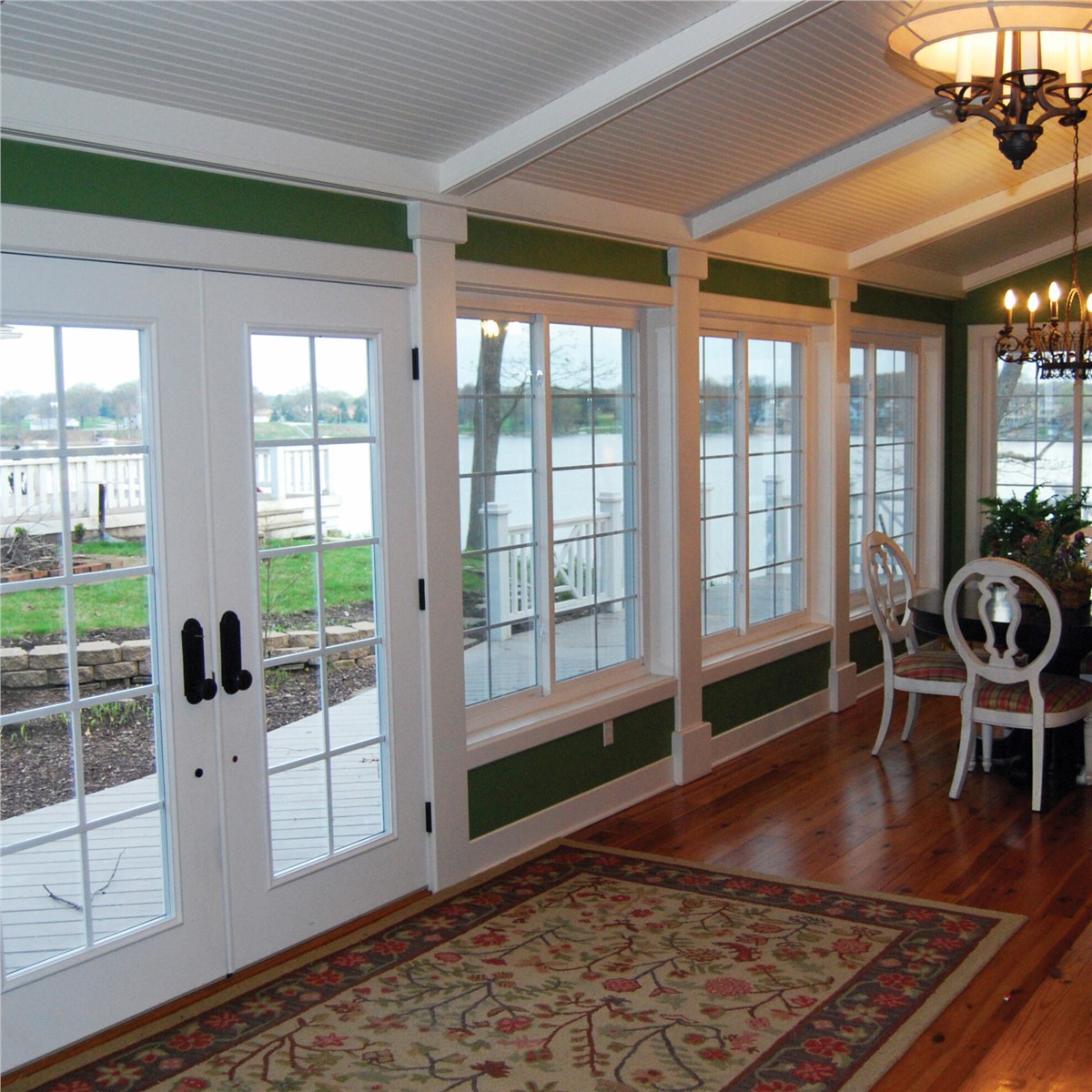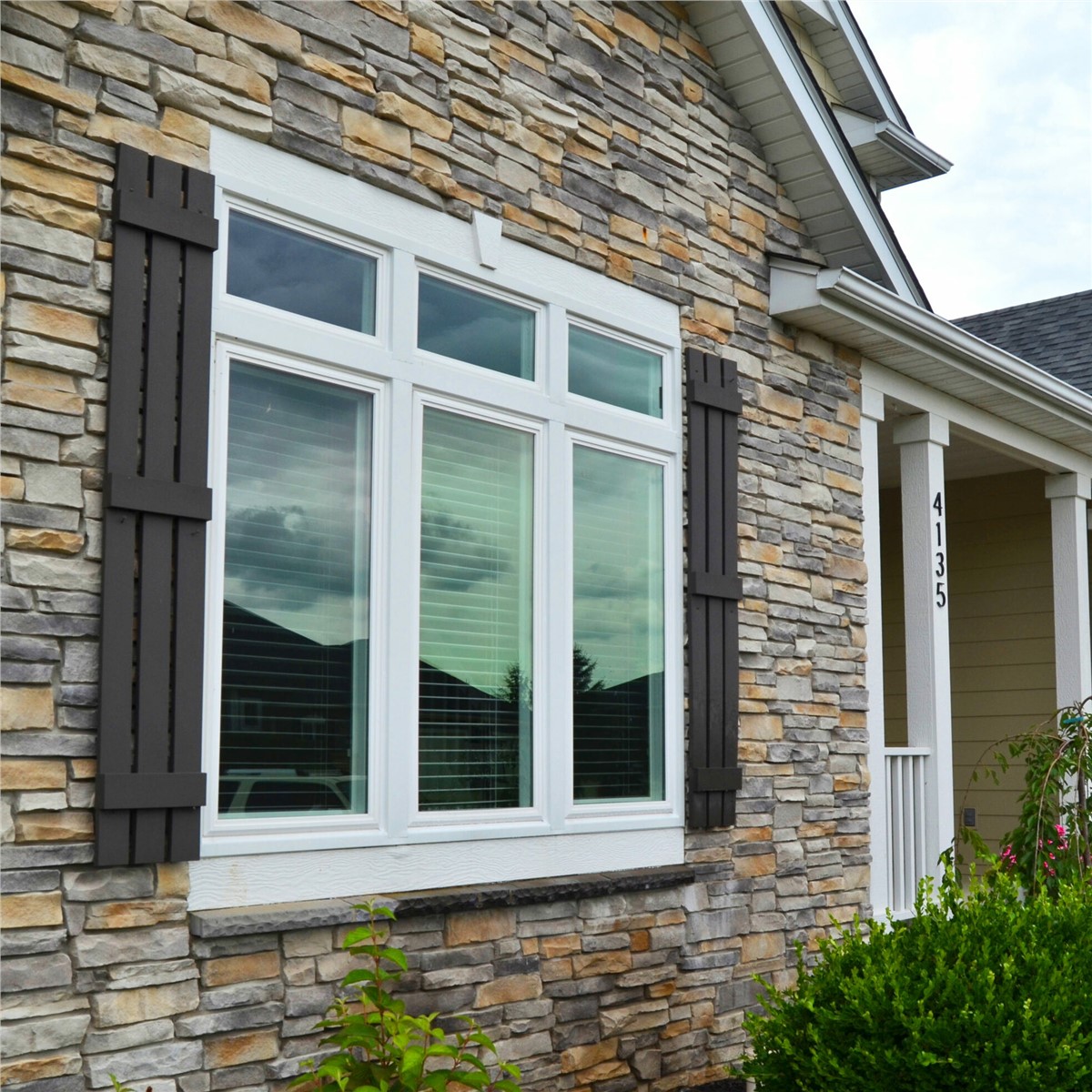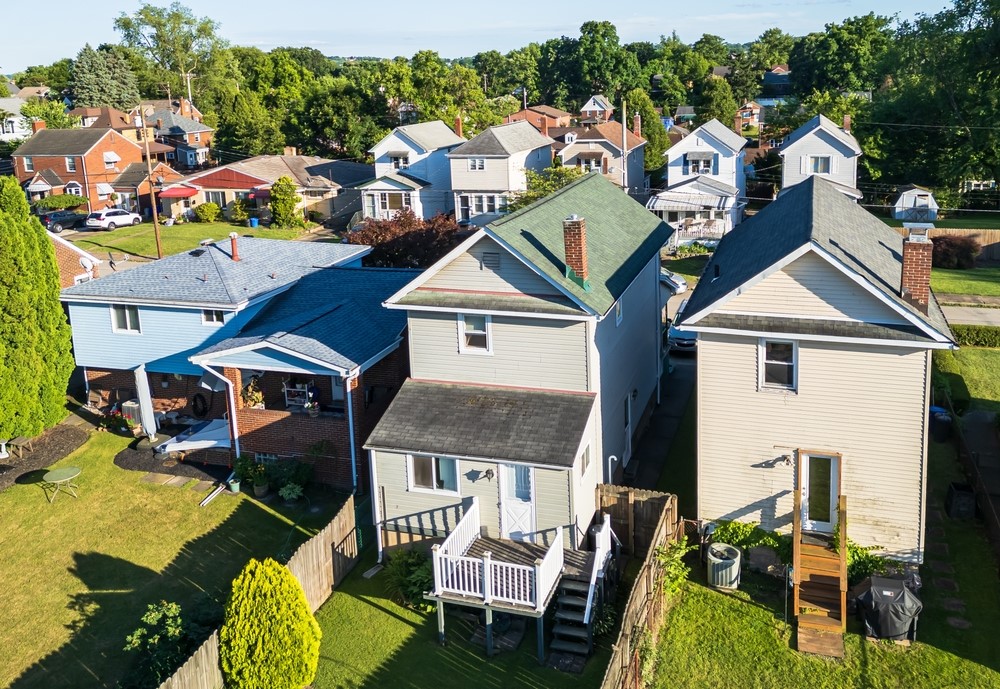There has been a lot of talk in the news this week about the idea of a second stimulus program focused on job creation. One key aspect of this program would be an incentive for people to spend money on energy efficient upgrades to their home.
In my opinion, so far, so good. I believe that up to this point much of the government action during this recession has been to benefit large businesses and the financial industry with very little assistance for normal folks and small business. Considering how dependent our country is on small businesses and consumer spending, this has seemed to me to have been a major missed opportunity to inject some life into the economy.... get help to small businesses, we make jobs!
At any rate, the rough outline of this program as I have read about it in a variety of online locations is this:
Homeowners get a 50% credit on spending on certain energy efficient upgrades to their home up to a $12,000 credit (on a total purchase of $24,000). Included purchases would be things like energy efficient appliances, heating and cooling systems, windows and insulation.
This program seems to be to be a good idea for several reasons.
1. It builds value in homes. If homeowners continue to invest in their homes on a large scale, we will see a faster turnaround in the real estate market. 2. It creates real jobs. This program will create work at the installation level as home improvement companies do the work. It will create factory jobs as the material is produced, it will create jobs for people to go out and estimate and specify the work. 3. It dovetails well with the need for better energy efficiency in the United States, allowing us, as a nation, to work on two problems (unemployment and energy) at the same time.
I do have two specific concerns that I believe will greatly impact the effectiveness of this program.
First, the government must find a better way to get the funds for this out in the hands of consumers than what happened with "cash for clunkers" Remodelers by and large will not be able to foot the bill for large amounts of remodeling work while waiting months for repayment by the government. Perhaps allowing this to be a refundable credit.
Second, the requirements for participation must be kept simple and the record keeping must not be overly onerous. As I have mentioned in previous posts, I have passed two very rigid training and testing courses for home efficiency, BPI and Resnet. While I believe that these classes were beneficial, I do not think this type of certification should be required to participate in the program, I think this would both significantly slow down the implementation of this, but I also think it would drastically reduce the companies that would be available to participate.
My solution to making sure that homeowners get a good efficiency bang for their buck is to set specific material requirements and as long as those materials are used correctly and installed correctly, then this should qualify. If there are concerns about the effect an incorrect installation would have on efficiency, then require the contractor to be certified on that particular product by the manufacturer.
The concept of "Cash for Caulkers" is a very good idea, I only hope it is allowed to develop in a way to maximize benefit to the economy. Companies like Legacy Remodeling would hire many additional workers if we could find the work for them to do. Give us that opportunity.
Tags
Subscribe to Legacy Remodeling's Blog











Comments